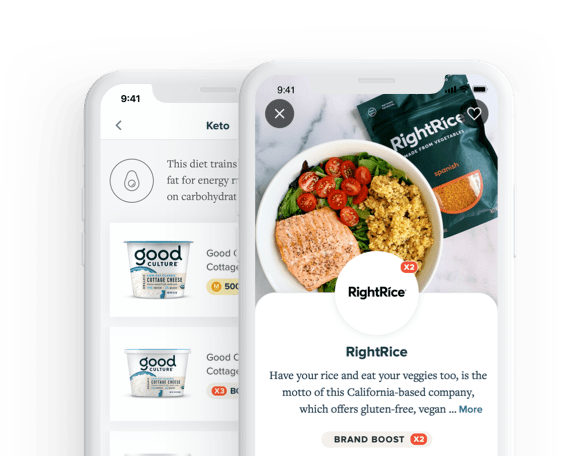Stories
How to read labels on…. Eggs!
Kim McDevitt
When it comes to eggs, there’s a lot to figure out. Claims like cage-free, free-range, natural and organic crowd egg cartons — and it can be overwhelming to navigate what means what and which is best. So we’re here to help with some facts to inform your future purchases and unscramble any confusion in store.
For starters, we’ll share that eggs with either or both the USDA Organic seal or the Certified Humane seal would be classified here at Merryfield as the top choice. Other claims such as Free-Range or Pasture-Raised also are meaningful for us.
So what’s wrong with conventional eggs? Most supermarket eggs come from hens raised in cages, have no outdoor access, are given antibiotics and are fed conventionally grown feed that is usually made up of GMO corn and soy. There are meaningful, well-defined label claims and certification to look for to avoid these practices, but also some less meaningful claims that might mislead you into thinking you’re buying better eggs.
Here are some claims that matter — and others that don’t:
Claims that matter
Cage-Free: This means that the birds are not confined in cages, which is a very common practice. These hens are able to walk, spread their wings, and lay eggs in nests. It’s worth noting here that there are no requirements on how large the space needs to be.
Free Range: A step above cage-free, free range means these hens are cage-free and have access to outdoor areas. There are still no regulations around how much space they are given.
Pasture-Raised: These hens are predominately raised on pastures (think open range land and grass). While indoor shelter may be provided these hens are typically outdoors on pasture most of the time.
Certified Humane: One of the most meaningful seals on any carton, Certified Humane products are certified under a rigorous animal welfare designation developed by Humane Farm Animal Care. It imposes strict requirements for animal care including sufficient roosting space, ample living space and shelter, gentle handling and access to fresh water.
USDA Organic: This is one of the most important and powerful label claims you can find. Why? Unlike many other clean label claims, the use of the word “organic” is tightly regulated by the federal government and defined very clearly. When it comes to eggs, USDA Organic means that hens are only fed organic feed, which is free of toxic or persistent herbicides and pesticides, but also contain no GMOs and are raised in Certified Organic facilities with outdoor access.
Claims that Don’t Matter
Farm-Raised: Guess what? All eggs are laid on farms. They may be cage-based conventional farms, but they’re still farms.
Farm-Fresh: Same as farm-raised — all eggs are subject to regulations that require them to be fresh. This label claim doesn’t mean eggs are any better than any others.
Natural: As in most aisles of the grocery store, the term “natural” doesn’t mean much, and any egg at all can use this label.
Apple and the Apple logo are trademarks of Apple Inc., registered in the U.S. and other countries. App Store is a service mark of Apple. Google Play and the Google Play logo are trademarks of Google LLC.
